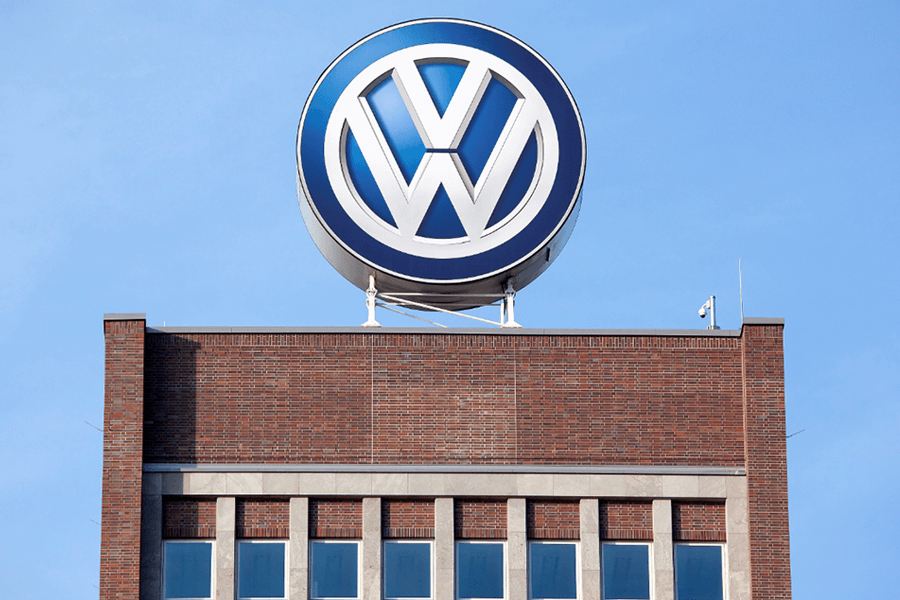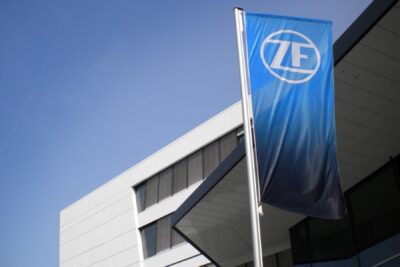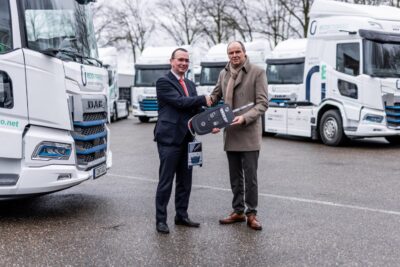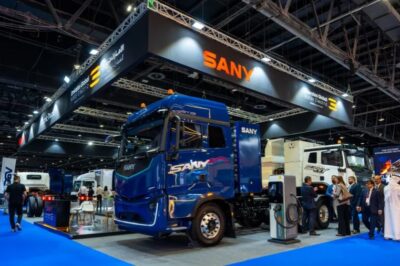VW presents ‘master plan’ with recommendations to the German government
On Friday, VW also intends to present it to the workforce, as reported by the Handelsblatt – the business newspaper has received the eleven-page document in advance. Volkswagen formulates “its expectations and recommendations to the next federal government.” The Wolfsburg-based company is concerned with “a reliable industrial policy and a competitive economic environment,” but also specifically with promoting electromobility.
In the letter, the Group is clearly in favour of electric mobility as the drive of the future – even if the ambitious plans of some brands have since been adjusted in light of market developments. “The future of individual mobility will be electric,” says VW. “This is the fastest and most efficient way to decarbonise the transport sector.”
However, the Wolfsburg-based company does not stop at such generalisations but is surprisingly specific in its demands. The paper calls for a “targeted tax incentive.” According to the report, VW is talking about exempting electric cars from motor vehicle tax beyond 2030 and “greater tax differentiation between combustion engines and electric cars, including company cars.”
‘Social leasing’ and more favourable charging prices called for
As a further incentive, Germany’s largest car manufacturer is proposing a “social leasing” model to encourage low-income households to switch to electric cars (at a favourable price) – details of this are not given in the report. However, the financing is to be provided from 2026 “via the EU’s Social Climate Fund and apply to all vehicle classes.” Even though VW is publicly in favour of funding for all vehicle classes, a targeted subsidy for low-income households is more likely to focus on the more affordable small electric cars – with the series versions of the ID.2all and ID.EVERY1 concept cars, important model premieres are due at VW in the coming years.
In order to make electric mobility more attractive, the charging infrastructure also needs to be improved. The Wolfsburg-based company is specifically proposing a fast-charging obligation for filling stations – the then traffic light government already decided on such an obligation in May 2024 (with effect from 1 January 2028) and even defended it against criticism from industry representatives in August last year. It is, therefore, possible that VW is looking for stricter requirements than those previously decided by the government. In addition, public charging is to be made more favourable through tax relief.
But the big problem is that the Group does not appear to be expecting an increase in electric car registrations any time soon, as VW is also campaigning for the three-year postponement of the CO2 fleet limits promised by the EU Commission at the beginning of March to be extended to five years in order to meet the targets. In addition, the next German government should suspend fines for cars, light commercial vehicles and lorries in 2025 and 2026. The calculation of the fleet limits themselves should also be revised, for example, with regard to plug-in hybrids and e-fuels.
Other demands relate to production and the economic environment itself. The Group is calling for an industrial electricity price of around six cents per kilowatt hour in order to be able to produce competitively in Europe – explicitly including battery cells. The political framework conditions for autonomous driving and software-defined vehicles must also be ‘innovation-friendly’ in order to strengthen Germany as a centre of development. Specifically, the company is looking for faster approval processes, targeted subsidies for research and the removal of regulatory hurdles, according to the Handelsblatt.
Volkswagen itself is in the midst of radical change and is currently reorganising itself. In the collective labour agreement shortly before Christmas 2024, billions in savings and the reduction of around 35,000 jobs by the end of the decade were agreed. Officially, no plants in Germany are to be closed, but some locations are nevertheless considered to be under threat and need a secure future perspective.
Handelsblatt sees the letter from VW to the leaders of the CDU/CSU and SPD in the middle of the coalition negotiations as evidence of the dramatic situation at VW – because such an initiative by a single company is highly unusual in itself, especially in the current political situation. Normally, industries and interest groups (such as the VDA) would make such demands. “The move emphasises the urgency that VW Group CEO Oliver Blume attaches to the issue,” the report states.
handelsblatt.com (in German)





1 Comment